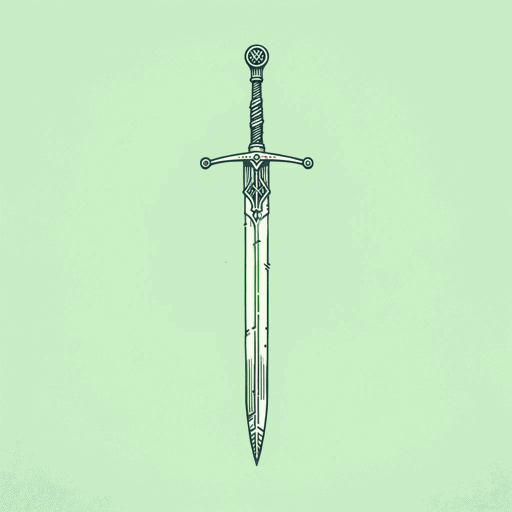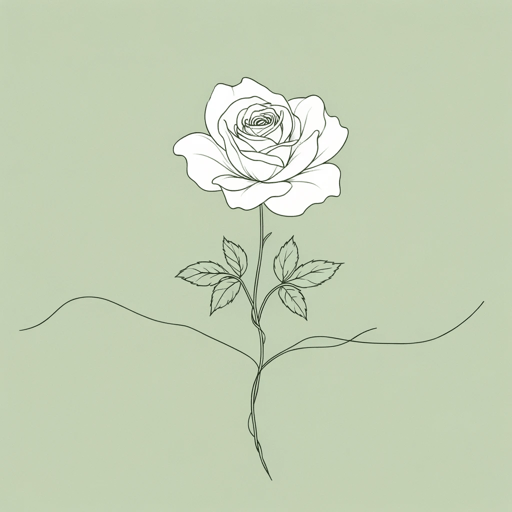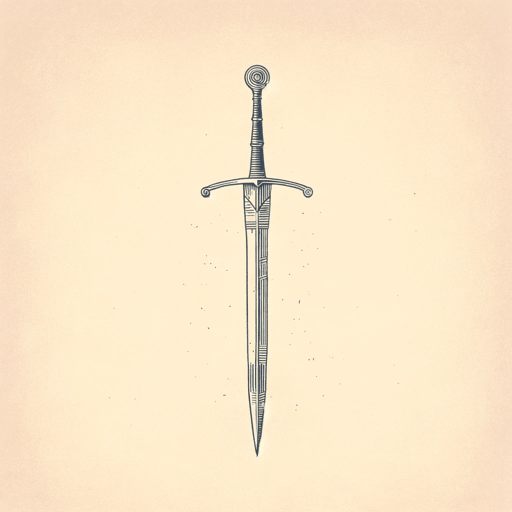69 pages • 2 hours read
Andrzej SapkowskiSword of Destiny
Fiction | Short Story Collection | Adult | Published in 1992A modern alternative to SparkNotes and CliffsNotes, SuperSummary offers high-quality Study Guides with detailed chapter summaries and analysis of major themes, characters, and more.
Important Quotes
“At the root of it lies some idea […] The conflict between the forces of Order and the forces of Chaos […] I imagine you carry out your mission, defending people from Evil, always and everywhere.”
(Part 1, Chapter 1, Page 7)
In this passage, Three Jackdaws probes into the witcher’s profession and endeavors to discern his moral boundaries. The dragon thus introduces a duality of order and chaos, whereby order conveys stability, structure, and established systems, while chaos embodies unpredictability, disruption, and nonconformity. While Three Jackdaws assigns a moral dimension of “good versus evil” to this dichotomy, Geralt rejects such simplistic judgments. Although Geralt dedicates himself to shielding others from evil, he does not believe this evil to be inherently synonymous with chaos.
“‘But I think that every myth, every fable must have some roots.’
[…]
‘It does […] Most often a dream, a wish, a desire, a yearning. Faith that there are no limits to possibility. And occasionally chance […] Only in fables survives what cannot survive in nature. Only myths and fables do not know the limits of possibility.’”
(Part 1, Chapter 1, Pages 10-11)
“Bounds of Reason” is ironically titled, given the pervasive phrasal motif of the “limits of possibility” that recur throughout the story. In this quote, Three Jackdaws, concealing his true identity as a golden dragon, foreshadows the existence and appearance of legendary creatures, including himself. However, Geralt dismisses these possibilities, emphasizing the thematic exploration of the constraints on what is possible within the narrative.
“‘Why do you ride with Borch?’
[…]
‘He is […] the most […] beautiful.’”
(Part 1, Chapter 1, Page 11)
Véa’s hesitant explanation serves as foreshadowing for Three Jackdaws’ concealed identity. Additionally, it highlights Geralt’s literal-mindedness, for he initially dismisses Véa’s words as an example of the perceived ineffability of women, failing to consider the possibility that hidden beauty does indeed lie hidden within Three Jackdaws himself.
Related Titles
By Andrzej Sapkowski



